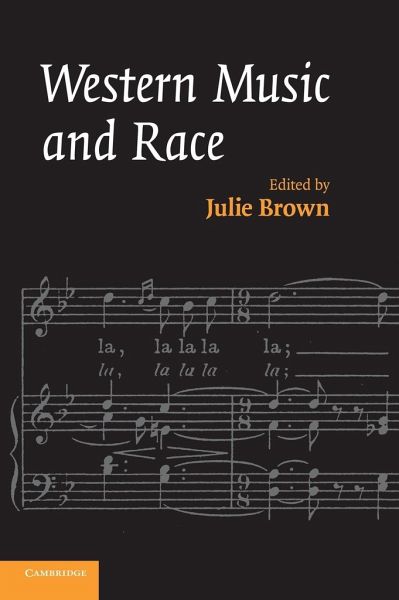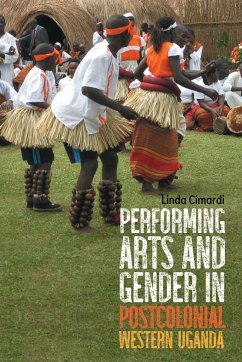
Western Music and Race
Versandkostenfrei!
Versandfertig in 1-2 Wochen
110,99 €
inkl. MwSt.

PAYBACK Punkte
55 °P sammeln!
This contributory volume, the first book of its kind, provides a snapshot of the ways in which discourse about Western music and race overlapped and became intertwined during the period from Wagner's death to the rise of National Socialism and fascism elsewhere in Europe. At these two framing moments such overlapping was at its most explicit: Wagner's racially inflected 'regeneration theories' were at one end and institutionalised cultural racism at the other. The book seeks to provide insights into the key national contexts in which such discourses circulated in the interim period, as well as...
This contributory volume, the first book of its kind, provides a snapshot of the ways in which discourse about Western music and race overlapped and became intertwined during the period from Wagner's death to the rise of National Socialism and fascism elsewhere in Europe. At these two framing moments such overlapping was at its most explicit: Wagner's racially inflected 'regeneration theories' were at one end and institutionalised cultural racism at the other. The book seeks to provide insights into the key national contexts in which such discourses circulated in the interim period, as well as to reflect a range of archival, historical, critical, and philosophical approaches to the topic. National contexts covered include Germay, France, Spain, Italy, Great Britain and North America. The contributors to the volume are leading scholars in the field, and the book contains many illustrative music examples and images which bring the subject matter to life.














